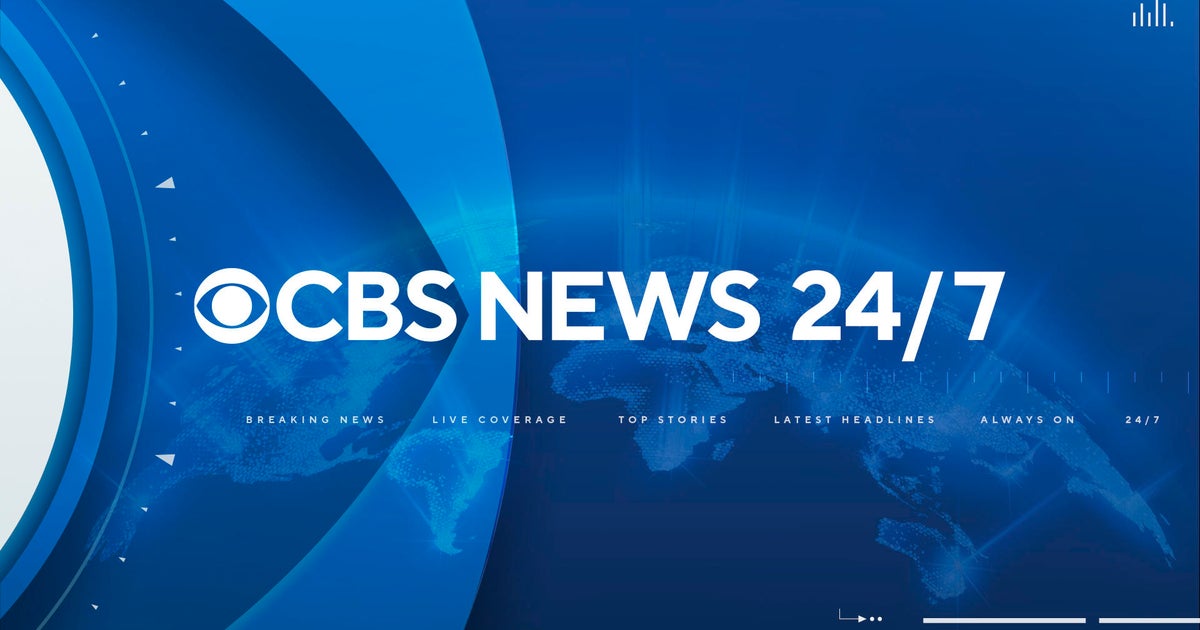Discover In-Depth News Analysis for Existing Occasions
Discover In-Depth News Analysis for Existing Occasions
Blog Article
Navigating the News Landscape: Tips for Finding Credible Information
In an age where info is abundant yet usually undependable, navigating the information landscape with discernment is critical. Developing the integrity of sources is the initial action, as understanding the qualifications of authors and the credibility of their magazines can significantly impact the top quality of info consumed.
Assessing Resource Trustworthiness
Evaluating source trustworthiness is vital for ensuring the integrity of information in an age marked by info overload. As people navigate different forms of media, from electronic short articles to social networks, discerning reliable resources ends up being vital. Key elements to consider when evaluating source reliability include the authority of the writer, the magazine's reputation, and the proof supplied to support insurance claims.
First, check out the writer's qualifications and proficiency in the subject. Writers with appropriate academic or specialist backgrounds are most likely to give dependable understandings. Next off, take into consideration the magazine's reputation; developed media outlets typically adhere to journalistic standards and fact-checking protocols, making them more credible.
Furthermore, assess the top quality and importance of the proof offered. Credible resources often point out peer-reviewed research studies, specialist meetings, or main stats, which strengthens their insurance claims.
Cross-Checking Details
Cross-checking info is an essential technique for confirming the precision of insurance claims and staying clear of the risks of false information. This process entails contrasting information from several reputable sources to determine its credibility.
To effectively cross-check details, it is vital to make use of diverse sources, including established wire service, scholastic journals, and specialist point of views. Each source may provide a special perspective or extra context that improves understanding. Furthermore, focus on the publication dates of the information being examined, as updates or adjustments may have been issued.
Furthermore, consider the context in which details is offered. Seek proving proof, such as data, interviews, or direct accounts, that lend trustworthiness to an insurance claim. Be careful of mind-blowing headlines or psychologically charged language, as these can indicate an attempt to control assumption.
Identifying Predisposition and Perspective
Understanding bias and viewpoint is important for browsing the complex landscape of info. Every item of information is filteringed system with the lens of the writer's experiences, beliefs, and associations, which can considerably shape the narrative offered. As consumers of info, it is necessary to recognize these prejudices, as they can cause distorted perceptions of reality.

It is likewise essential to recognize your very own biases. Individual ideas can affect exactly how you interpret information, making it vital to approach news with an important frame of mind. Involving with diverse viewpoints can help combat individual biases, permitting for a more rounded understanding of concerns.
Eventually, identifying prejudice and perspective in information coverage is not just a scholastic workout; it is an essential ability for notified citizenship in a democratic culture. By cultivating this awareness, individuals can make more enlightened choices and add to a much more nuanced public discussion.
Comprehending Fact-Checking Resources
Fact-checking sources play a crucial function in critical the accuracy of info in an age marked by misinformation and sensationalism. These resources, that include independent organizations and online systems, are devoted to verifying claims made by somebodies, media electrical outlets, and social networks messages. They employ extensive approaches to analyze the legitimacy of declarations, typically mentioning original resources and offering context to facilitate understanding.
Some popular fact-checking companies, such as Snopes, FactCheck.org, and PolitiFact, focus on various topics, from political unsupported claims to viral web insurance claims. Their work not just unmasks false information yet additionally emphasizes the relevance of evidence-based discourse. By getting in touch with these resources, individuals can create a more discerning technique to the details they run into.
Moreover, lots of fact-checking platforms supply easy to use interfaces that enable fast searches by topic or case, making it simpler for users to discover relevant info promptly. Involving with fact-checking resources promotes critical reasoning and equips users with the devices essential to navigate the intricate information landscape effectively, inevitably promoting an extra informed public discourse.
Using Trusted Information Aggregators
In today's busy details landscape, relied on news aggregators act as valuable tools for people seeking trusted news sources. These systems compile news write-ups from various reliable electrical outlets, giving users with a combined view of current occasions. By curating web see this page content from developed media companies, collectors assist users prevent the mistakes of false information and sensationalism frequently common in less legitimate sources.
When utilizing information collectors, it is vital to pick ones that focus on quality over amount. Look for systems that use strenuous content requirements, making certain that the information provided is precise and trustworthy. Popular aggregators like Google News, Feedly, and Flipboard allow individuals to tailor their information feeds based upon topics of rate of interest, allowing a tailored experience that can boost understanding and awareness.
Furthermore, aggregators usually include functions such as fact-checking assimilations and customer ratings, better helping customers in discerning reputable details - news. While information aggregators are valuable, users should continue to be watchful and cross-reference info with key resources when necessary. By leveraging trusted information collectors properly, individuals can navigate the complicated media landscape while remaining informed with legitimate and varied perspectives
Conclusion
In final thought, browsing the information landscape requires an organized approach to ensure the consumption of trustworthy info. Evaluating resource trustworthiness, cross-checking truths, and recognizing prejudices are necessary practices you can try here for informed discussion. In addition, making use of fact-checking sources and trusted information aggregators boosts the ability to determine precise read the full info here reporting from false information. By using these methods, individuals can contribute to an extra enlightened public dialogue and foster crucial reasoning in the face of a significantly intricate media atmosphere.
Report this page